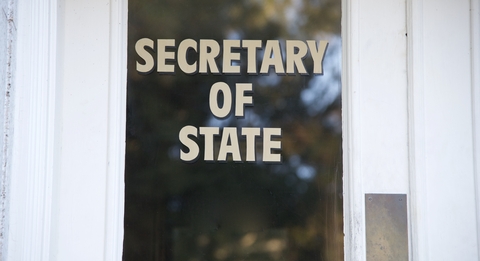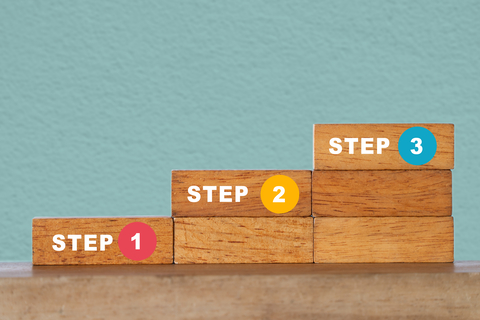Take the first step to better information
Happy New Year to all! As we roll into 2023, most of us do what people seem to do at this time of year. We start fresh and set new resolutions, make new goals, and vow to do better..
If your plans include some self-improvement or professional development, you might consider working on your information skills. After all, we live in information-rich times, with answers to our questions available to us in ways that they’ve never been before. We use this information to make decisions, complete our projects, and learn, yet we often go about it haphazardly. In life and in business–in a world of misinformation, disinformation, and deep fakes–it’s a dangerous way to go.
What if you could find, use, and share information more efficiently and effectively? It’s about getting to the answers you need, without veering off course or missing something important. That’s where those information skills come in handy, and I’ve previously posted about The Big6, a six-step framework for improving information literacy. In this post I’ll go into more detail about the first of the six steps, defining your task.
As any professional researcher, investigator, or librarian knows, you can’t start looking until you have a good idea of what you’re looking for, and sometimes that isn’t entirely clear. In this first step of your research process, before you open a database or Google, define the task by answering these two questions:
- What do I need to know?
- What types of information do I need?
And, of course, that leads to more questions. Here’s what this process might look like for a private investigator. If you’re not a PI, consider how it might work for your research:
What do I need to know?
What are my client’s key questions? – Every client has their questions. While these may eventually change, it’s important to remember them and work with this foundation–but they are just a starting point.
Understand the “Why” – This is an important one for investigators, because clients have ulterior motives. Also, knowing what’s really important–what problems they are trying to solve–can help you reframe the key questions.
What information do I already have? – Note any supplied information. Maybe personal identifiers, results of previous research. Don’t waste time searching for what you already know and use these clues for leads to more info, but never rely on their accuracy.
Do I know how the information will be used? – Not only does this help narrow your focus, it will guide you when creating the report. Does the client like to dive into the details, or will the highlights do? Will it be used in court?
What’s the budget and time frame? – This will help manage expectations and give you a good stopping point. You’ll need this info when working out the scope and which sources you can use.
Where does this research fit in the process? – Understanding the bigger picture will lead to a better understanding of the ultimate question or task. For due diligence, if it’s early in the process, we may not dig as deep as we would later on, when our client’s ready to close the deal.
What type of information do I need?
Are you looking for fact or opinion? – While both have their uses, you want to clarify early on and clearly note in your reports.
Is this information in the public domain? – Not everything is public, and even “public records” aren’t always available. This is also a good time for checking that expectations match budget and time frame–and your ethics.
What’s the required format for delivering documents? – Do you need certified copies? What are the rules about screenshots, time stamps, and file formats? Asking the right person during this first step will save a lot of problems later in the process.
To set yourself up for success this year–no matter where you’re headed–commit to a strategic approach to finding and using information, starting with defining your task.
Wishing y’all lots of success and good research in 2023!




[…] to Step 1 – What were your original questions that you identified in the first step? What else came up in the research that might answer the questions that clients didn’t ask? […]
[…] sending it off to someone else. Before you consider it done, take a few minutes to look back at Step 1, defining your task, and ask these […]